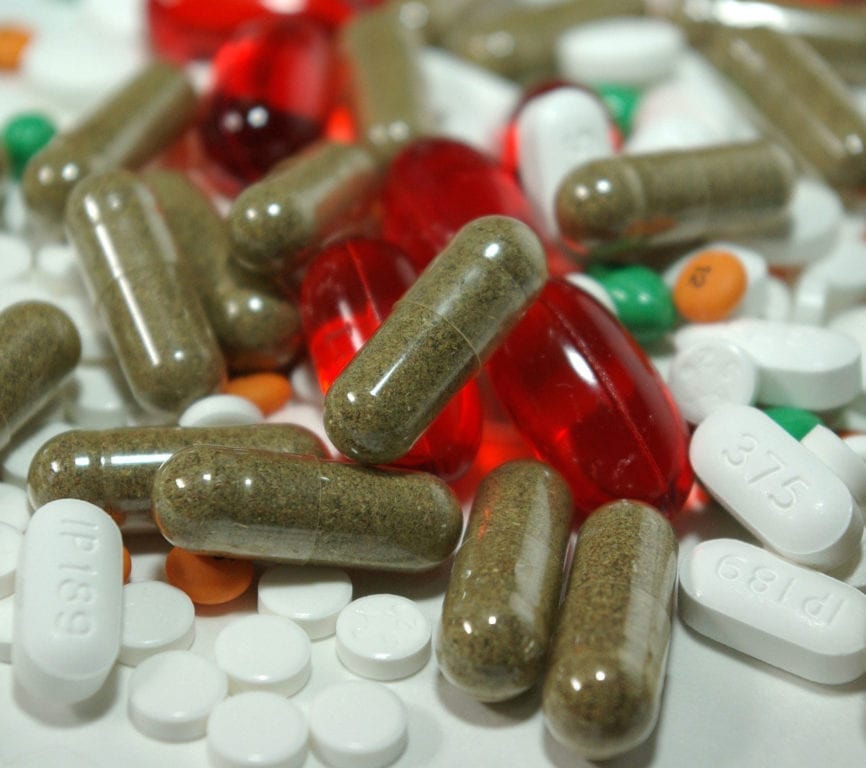Recently, biotherapeutics company PureTech Health announced that their Phase 1 trial to evaluate LYT-100 (deupirfenidone) has completed. During the multiple ascending dose and food effect study, researchers analyzed the safety, tolerability, and pharmacokinetics of LYT-100. This potential treatment could work for a range of conditions impacting lymphatic flow, such as idiopathic pulmonary fibrosis (IPF), lymphedema, and long lasting COVID-19.
LYT-100
Developed by PureTech Health, LYT-100 is a deuterated form of Pirfenidone, an anti-inflammatory and anti-fibrotic treatment. Currently, Pirfenidone is indicated for the treatment of IPF. However, PureTech Health is looking to expand LYT-100 to cover not only IPF, but other conditions that cause issues with lymphatic flow, inflammation, and lung fibrosis. Additionally, pirfenidone has some negative effects in terms of tolerability and dosing, which PureTech Health hopes to overcome with LYT-100.
In the Phase 1 trial, researchers analyzed the tolerability of LYT-100 in healthy volunteers. First, researchers initiated a multiple ascending dose study. Participants received increasing LYT-100 (100mg – 750mg). Since the therapy was well-tolerated, researchers additionally included a 1000mg cohort. Ultimately, the drug was also safe and well-tolerated at this level. Some side effects did occur, though none were serious. These included nausea, abdominal pain and dissension, and headaches.
Later, in the food effect part, researchers evaluated 500mg of LYT-100 and its impact, safety, and tolerability taken with or without food. Both exposure and concentration fell when taken with food. Researchers hope to continue this research in the future.
Pirfenidone is given at 801mg 3x daily. However, LYT-100 seems well-tolerated in doses higher than this. As a result, LYT-100 may offer more freedom and less dosages throughout the day. In the future, PureTech Health hopes to begin a Phase 2 clinical trial evaluating LYT-100 for lymphedema related to breast cancer, IPF, and long lasting COVID.
Lymphatic Flow Disorders
Idiopathic Pulmonary Fibrosis (IPF)
Nobody really knows what causes idiopathic pulmonary fibrosis (IPF), but that is clear from the name! Idiopathic means of an unknown cause. So IPF is scarring or hardening of the lung tissue without knowing the exact cause. However, some believe that IPF results from viral infections, environmental factors, or even genetics. Because of the lung fibrosis, not enough oxygen makes it into the bloodstream. An estimated 13-20 out of every 100,000 people worldwide have IPF. Once patients receive a diagnosis, their life expectancy is around 3-5 years.
Symptoms include:
- A persistent, dry, hacking cough
- Shortness of breath or difficulty breathing
- Appetite loss
- Clubbed fingers and toes
- Gastroesophageal reflux
- Unintended weight loss
- Blood clots in the lungs
- Pneumonia
- Lung cancer
Lymphedema
According to the CDC:
Lymphedema is swelling due to build-up of lymph fluid in the body. Lymph nodes act like a drain in your sink, [but] if the drain is clogged, the fluid cannot drain.
So lymphedema occurs when lymph fluid, which carries infection-fighting fluid and cells, accumulates in your body. While this build-up usually occurs in the arms and legs, it can occur elsewhere as well. Oftentimes, lymphedema is caused by cancer treatment. While there is no cure, lymphedema can be managed with weight loss, surgery, exercise, compression garments, manual lymph drainage, or a pneumatic pump. Symptoms of lymphedema include:
- Recurrent infections
- Skin hardening or thickening (fibrosis)
- Swelling of various parts of your body
- Restricted range of motion
- A feeling of heaviness or tightness, particularly in affected areas
Long-Haul COVID-19 (Long Lasting COVID)
As of the time this article is written, there are 13 million diagnosed cases of coronavirus in the United States. At the start of 2020, COVID-19, a novel coronavirus, began to spread throughout the world. COVID-19 was declared a global pandemic in March 2020. Now, the pandemic is responsible for 263,000 deaths in the United States, and 1.43 million deaths worldwide. In milder cases, COVID-19 symptoms only last for a few weeks. However, this is not always the case.
In June 2020, Patient Worthy covered the concept of “long-haulers,” or patients whose COVID-19 symptoms have lasted for months. Now, this infection is called long COVID, or long-haul COVID. According to a COVID Symptom Study, an estimated 1 in 20 people with COVID-19 will experience symptoms lasting for 8 weeks (2 months) or longer. Patients grappling with long COVID may experience symptoms such as:
- Fatigue
- Shortness of breath
- Exercise intolerance
- Rash
- Hair loss
- Chest, muscle, and joint pain
- Headaches
- A persistent cough
- Rapid heartbeat
- Loss of smell and taste
- Memory, sleep, and concentration difficulties
- Teeth loss
- Organ damage
Patients with long COVID also may experience periods of remission followed by periods of symptoms.






